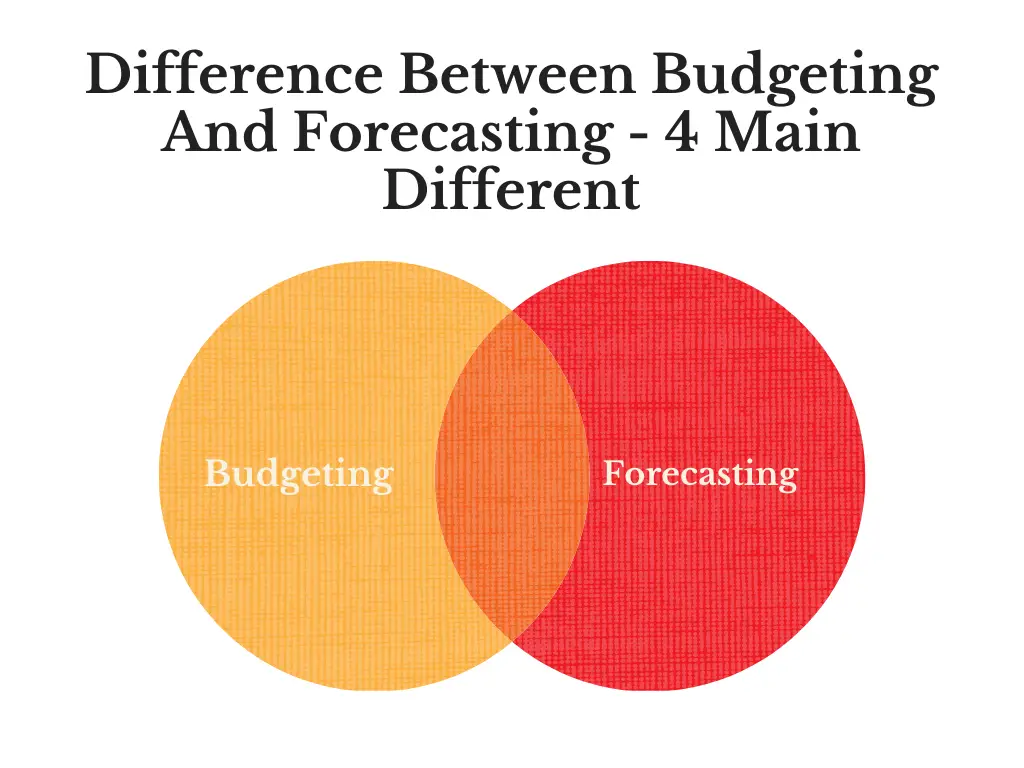

Leveraging a forecast provides a full financial picture of your business-income, cash, and equity.įor instance, if a company is netting X amount in revenues per year and wants to grow to 2x revenues, how will they get from here to there? What will their full financial picture look like when they do? Or, if an economic downturn occurs, and the business must determine how it will respond to survive, what changes will it have to make? A financial forecast is a tool for building these financial scenarios based on desired outcomes.Ĭomplete financial forecasts include all three financial statements: profit and loss, cash flow and balance sheet. The process of forecasting typically begins with sales projections and evolves from there, by referring to historical performance and applying growth patterns over time to reach desired goals. A financial forecast is typically concerned with where a company would like to go in the long-term- its growth.
#BUDGETING AND FORECASTING DRIVERS#
What is a financial forecast?įinancial forecasting is the process of making educated guesses about what is reasonably possible for a business, and applying business rules and drivers (a financial model) to turn those guesses into projections. However, due to their limitations and conservative nature, budgeting is really a tactical exercise, concerned with the details of spending to keep profit and cash positive. Budgets are a good first step to larger, strategic planning. The income expectations and spending limits establish useful guidelines for a business to follow to remain healthy. Income is included, but the budgeting process is most often concerned with setting spending limits through conservative estimates.īudgets are a useful first step for businesses to understand their financial picture. Budgets are typically prepared by detailed chart of account line items: office supplies, training, travel, and so on. In practice, budgeting is primarily focused on expenses allocating expenditures for a set period of time, usually in the short-term (quarterly or yearly). Budgets are typically prepared once a year, and it’s common to compare budget versus actual results as time progresses. What is a budget?Ī budget is an income and spending plan that outlines the revenue and expenses in a business over a certain period of time. By looking at the key differences between a budget and a forecast, we can start to understand why financial forecasting is important to your advisory services, and how you can use a forecast to build a roadmap for your small business clients.

The different considerations in financial budgeting vs forecasting are fairly straightforward, but also intriguing, in that it they a lot to do with the real value of small business advising: helping your customers survive and thrive. What’s the difference between a budget and a financial forecast?” It’s a question we get asked often by accountants and business consultants who are beginning Strategic Advising services: “I do budgeting already. Budgeting Vs Forecasting: What’s the Difference? Posted ApBy Elon Glucklich


 0 kommentar(er)
0 kommentar(er)
